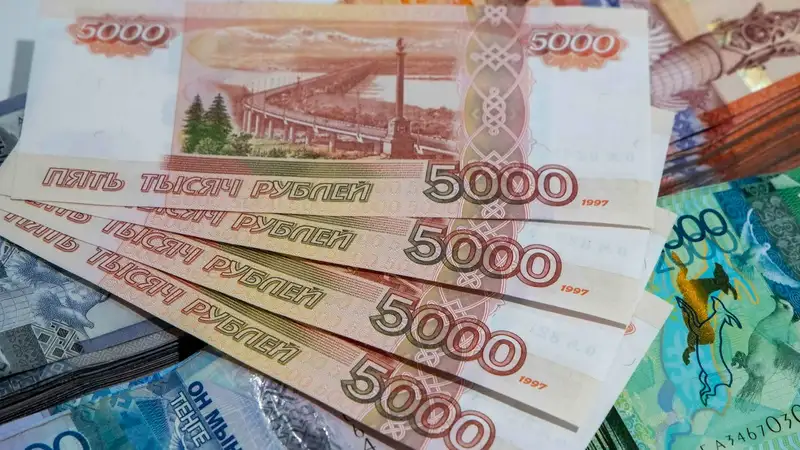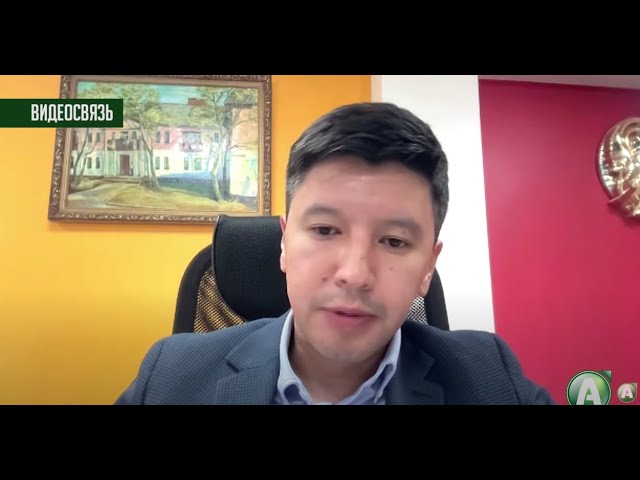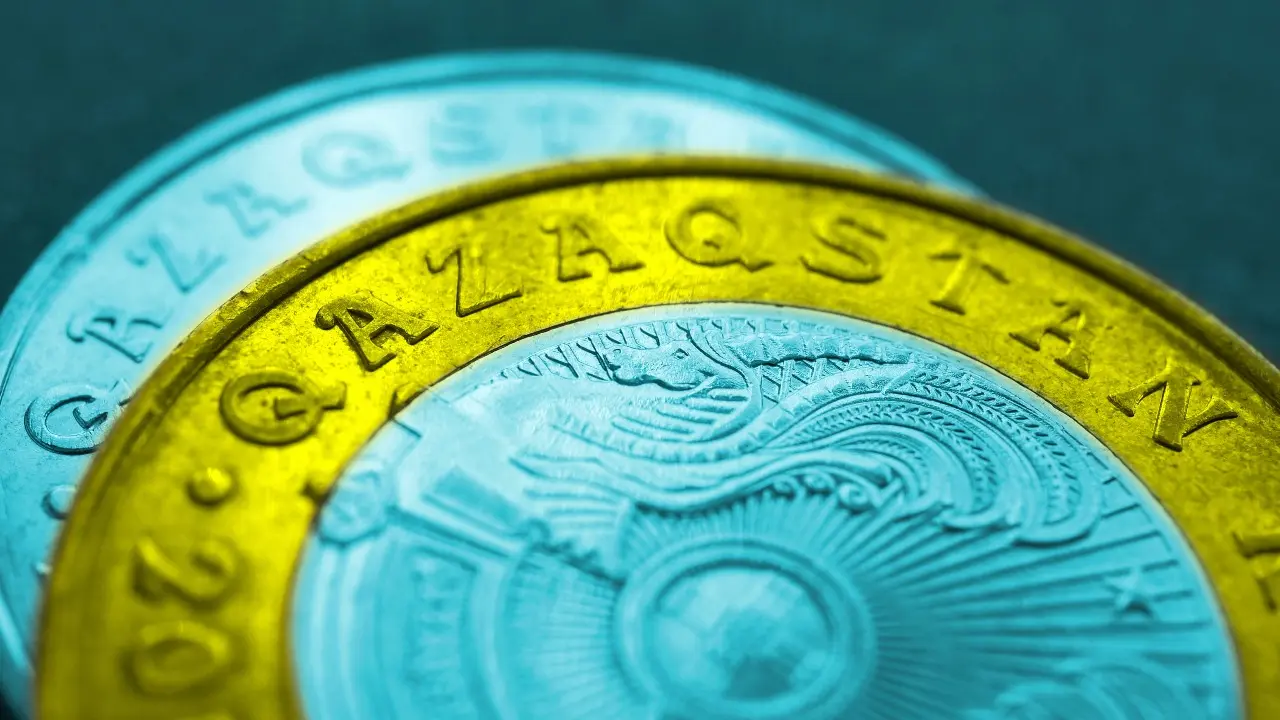Over the past three weeks, the ruble exchange rate has risen by 12% at once, reaching the value of 5.35 tenge. How long will the strengthening of the Russian currency last and how will this affect the growth of inflation, says Zakon.kz .
If we open the latest press release of the National Bank of the Republic of Kazakhstan, we will see that on June 19, 2024, the tenge continues to fall against absolutely all world currencies. The Kazakh currency is "deflated" before our eyes even to such monetary units as the Armenian dram, the Belarusian ruble, the Iranian rial, the Moldovan leu, the Uzbek sum, the Ukrainian hryvnia and so on. There is not a single currency that would sink against the tenge.
But if Kazakhstanis don't really care about the leu or the dram, then the tenge-ruble ratio is very painful because of the closest economic ties between Russia and Kazakhstan.
Why is the ruble exchange rate rising?
Such "currency swings" are quite natural, according to economist Aidarkhan Kusainov. This is rather a seasonal phenomenon, rather than some kind of trend.
"For some reason, we keep forgetting that the tenge strengthens in spring, and weakens in summer and autumn. There is nothing strange about such a decrease in tenge, it happened last year, the year before last. Another thing is that every year additional nuances are imposed on this trend. Today, this is a reduction in transfers from the National Bank, a shortage of taxes to the republican budget and sanctions from the United States against the Moscow Stock Exchange."Aidarkhan Kusainov
In addition, we should not forget that the tenge has been greatly overvalued since the beginning of the year, and today's exchange rate is closer to the one that the government laid down when forming the budget for 2024-2025, the economist believes.
The strengthening of the ruble is a temporary phenomenon, believes Askar Kysykov, director of the TALAP Center for Applied Research. Due to sanctions, currency trading with the dollar and euro in Russia has moved to the over-the-counter market, and the exchange rate is formed on the basis of interbank transactions. Obviously, such a course can no longer be called a market one, it is already manageable.
"The ruble began to focus on the yuan. But China also has a manageable exchange rate. Thus, Russia is seriously dependent on the exchange rate policy of the Bank of China. A similar dependence is observed in tenge, but on the Russian ruble."Askar Kysykov
Over the past two years, the structure of the Russian foreign exchange market has changed dramatically. More than half of the trading takes place in the yuan/ruble pair. The share of the dollar decreased from 80% to 30%. And in settlements with other "friendly" partners, Russia has also switched to national currencies. That's why the ruble is only strengthening – because of the turn to the yuan and because of the harsh policy of the Central Bank of the Russian Federation.
At the same time, the expert assumes that the strengthening of the ruble against the tenge is a temporary matter.
"Historical parity: 4.5-5 tenge per ruble. In the conditions of the EAEU, it is painful for us to deviate from this parity. A weak ruble means an increase in the cost of critically important imports, a strong ruble means a loss of competitiveness of Kazakhstani goods."Askar Kysykov
Nevertheless, the situation is somewhat paradoxical. China controls the yuan, Russia controls the ruble, and Kazakhstan has a free–floating exchange rate. For how long?
It should be noted that the lowest ruble purchase rate at exchange offices in the morning of June 19, 2024 was in Shymkent – 5.1 tenge; the sale rate was 5.23 tenge. In Astana, the purchase rate was 5.13 tenge, sales – 5.36 tenge. In Almaty, 5.16 tenge was asked for a ruble, and 5.3 tenge was sold.
Author: Андрей Валентинов
Source: https://www.zakon.kz/finansy/6438618-pochemu-rastet-kurs-rublya-i-kak-eto-otrazitsya-na-koshelkakh-kazakhstantsev.html



